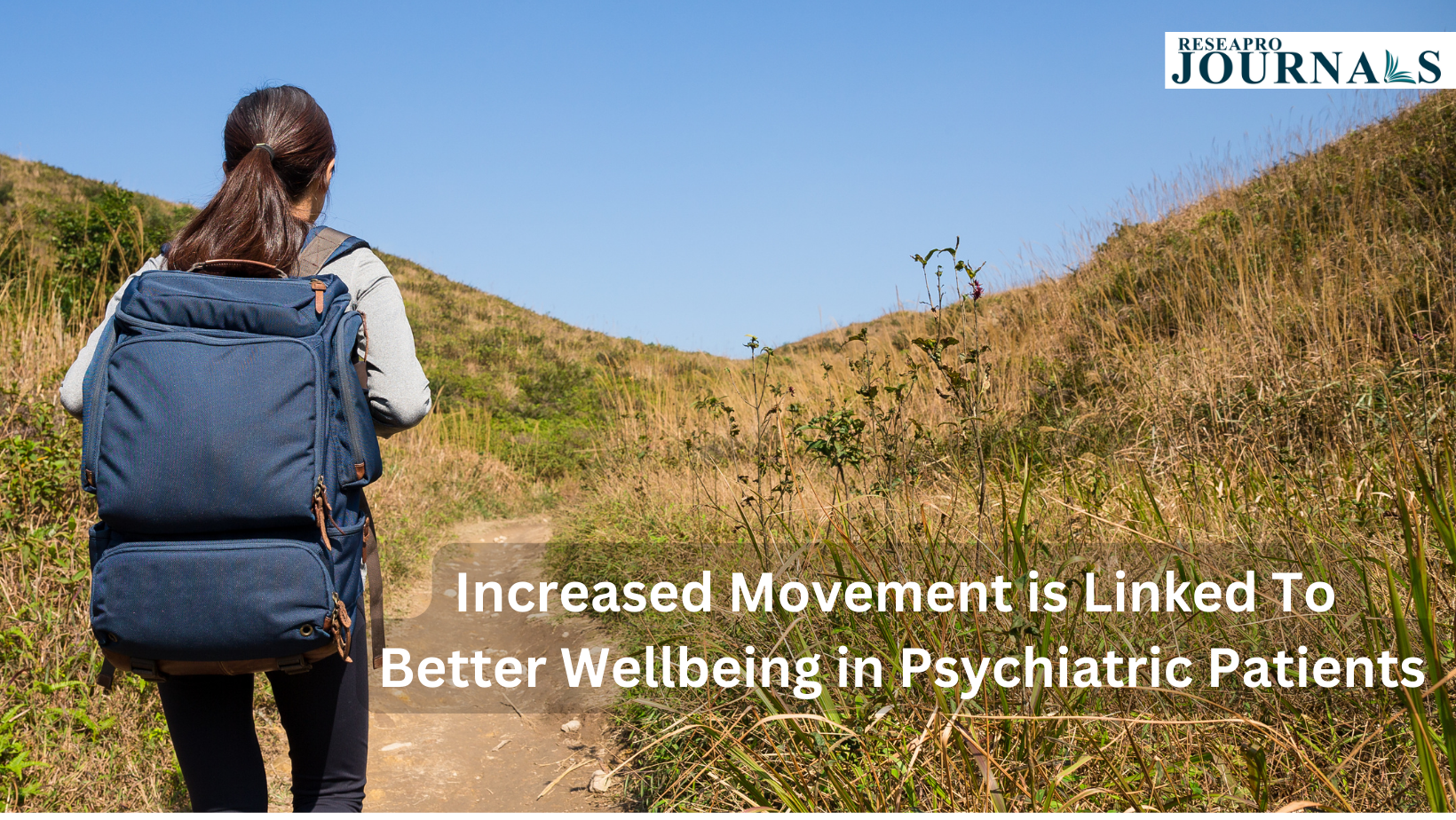A study conducted by the University Psychiatric Clinics in Basel, Switzerland, examined the relationship between everyday movements and the well-being of psychiatric patients. The study, published in BMC Psychiatry, involved 106 patients with various mental health issues. Using GPS tracking, researchers found that increased movement in space and time was associated with higher emotional and psychological well-being, irrespective of persistent mental health symptoms. Patients who exhibited phobias or anxieties about leaving safe spaces demonstrated lower mobility. The findings suggest that spontaneous movement, measured through GPS tracking, may serve as a marker of functioning and well-being in individuals with mental health issues.




